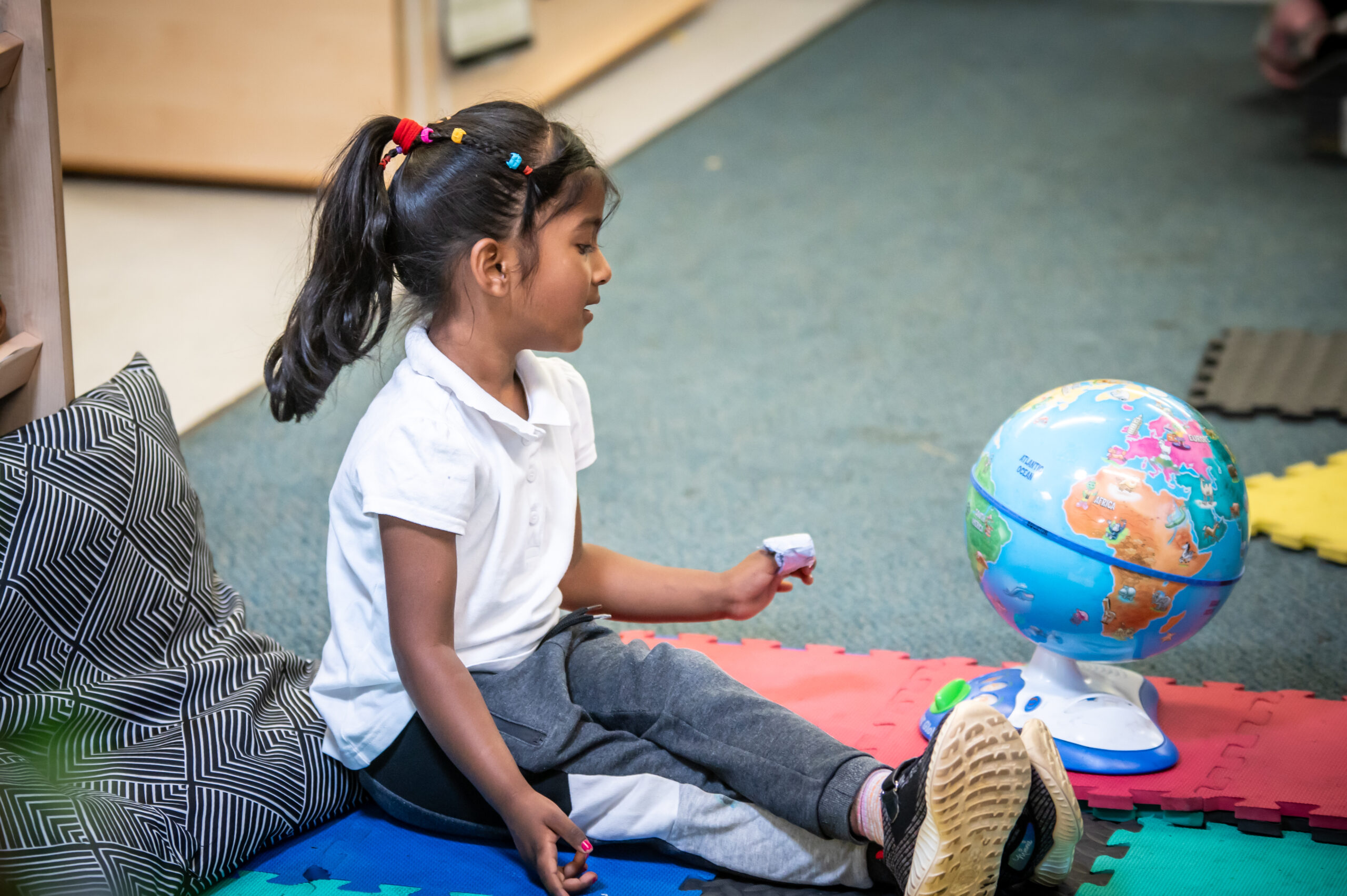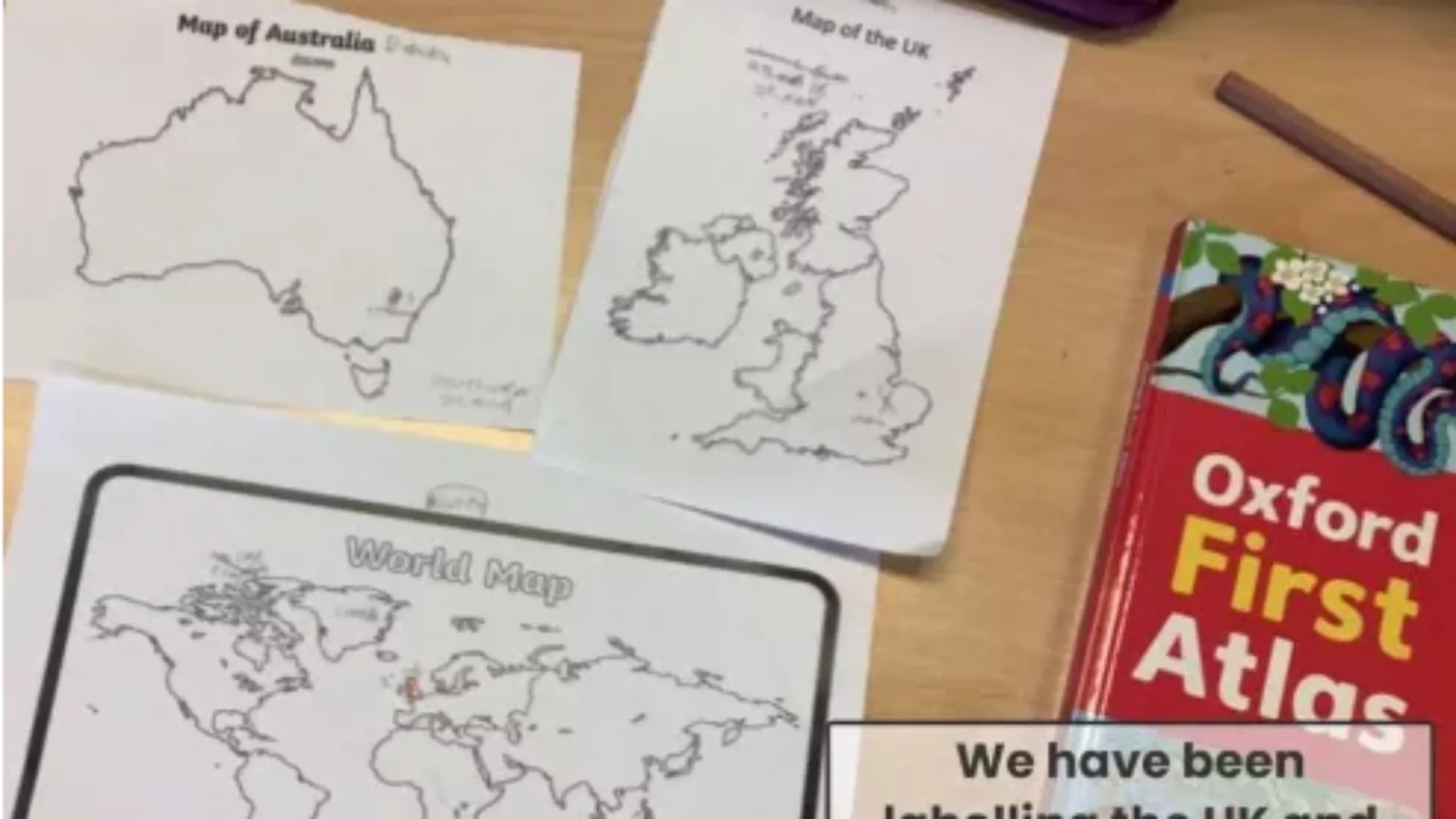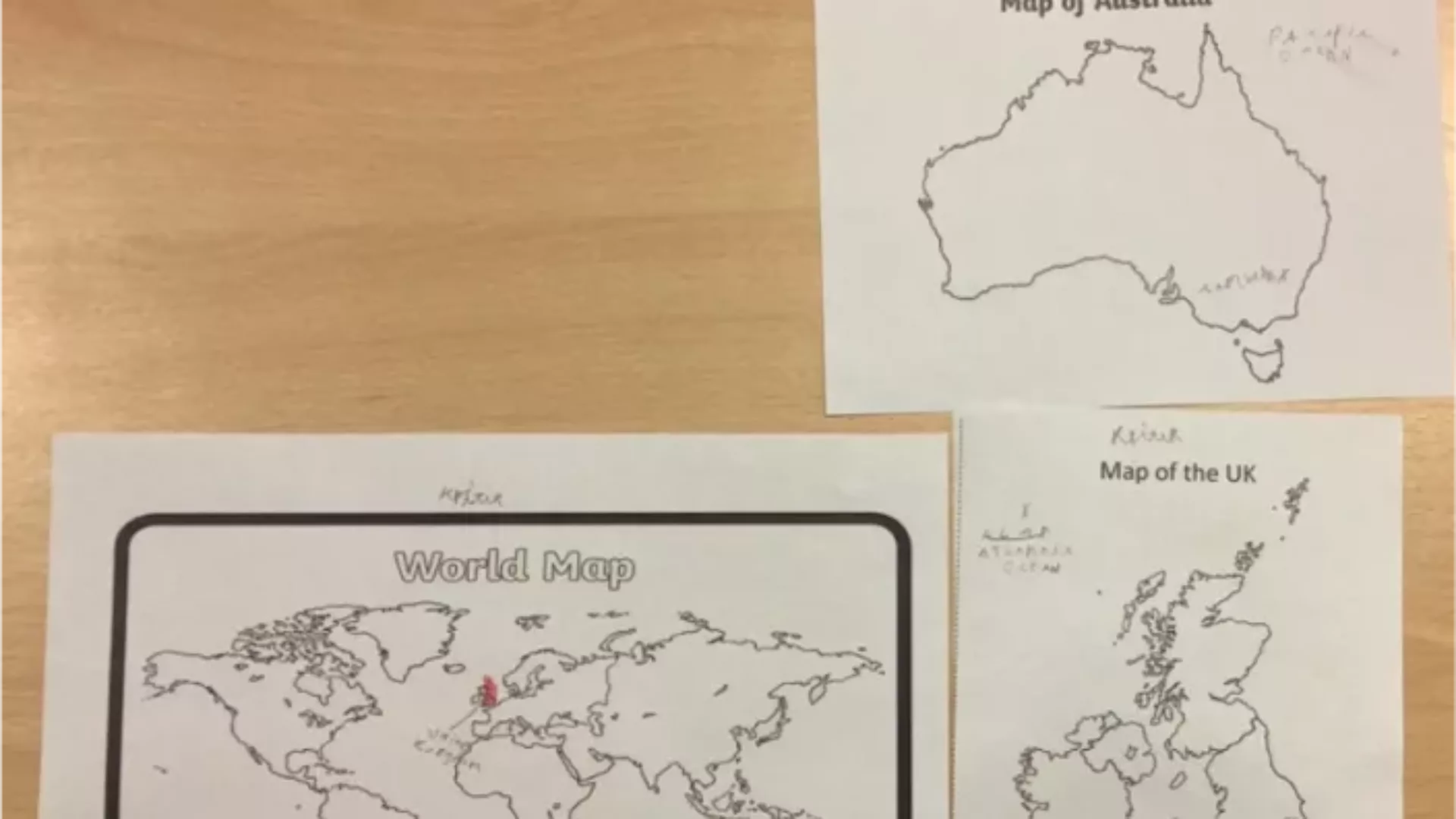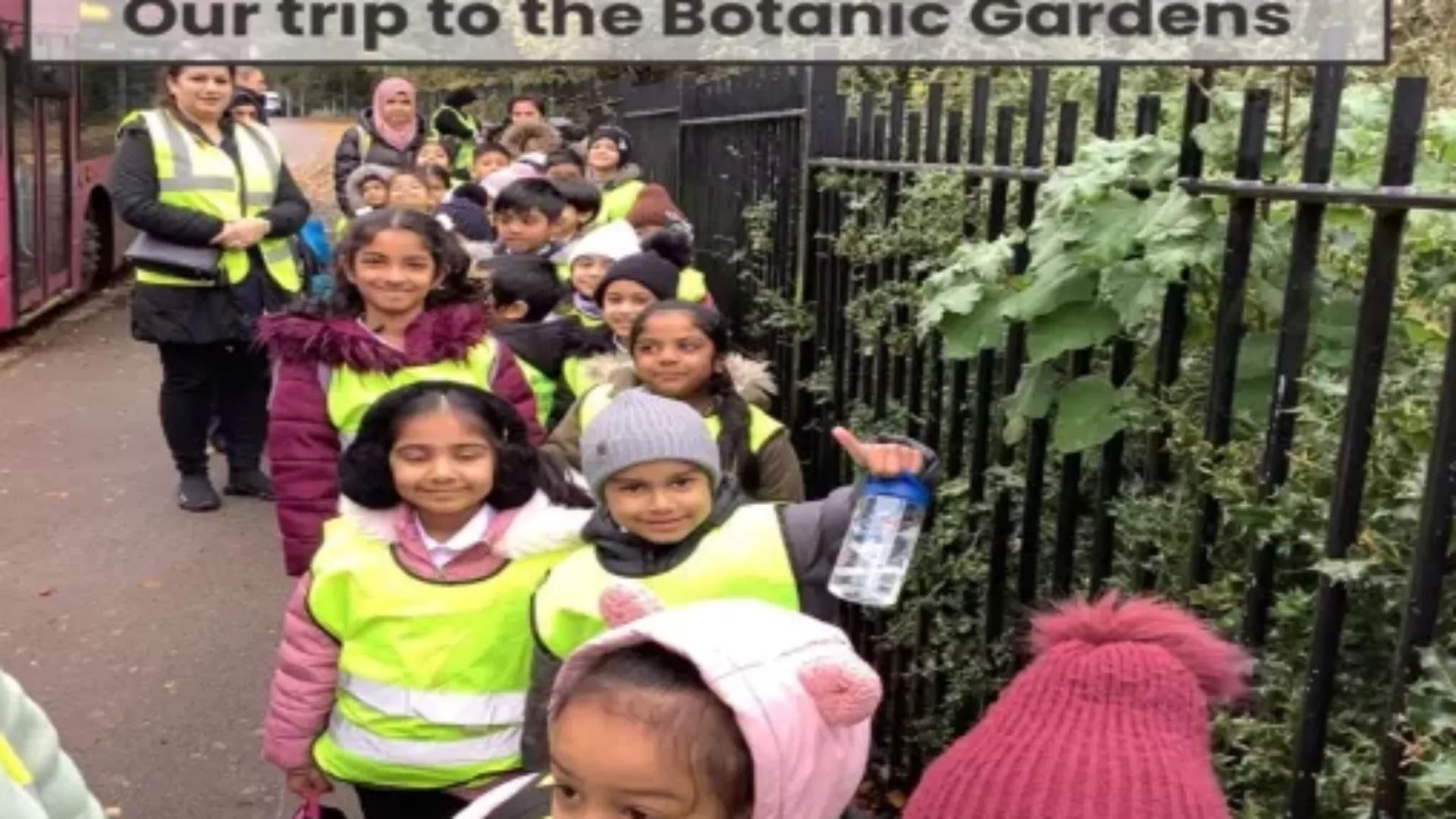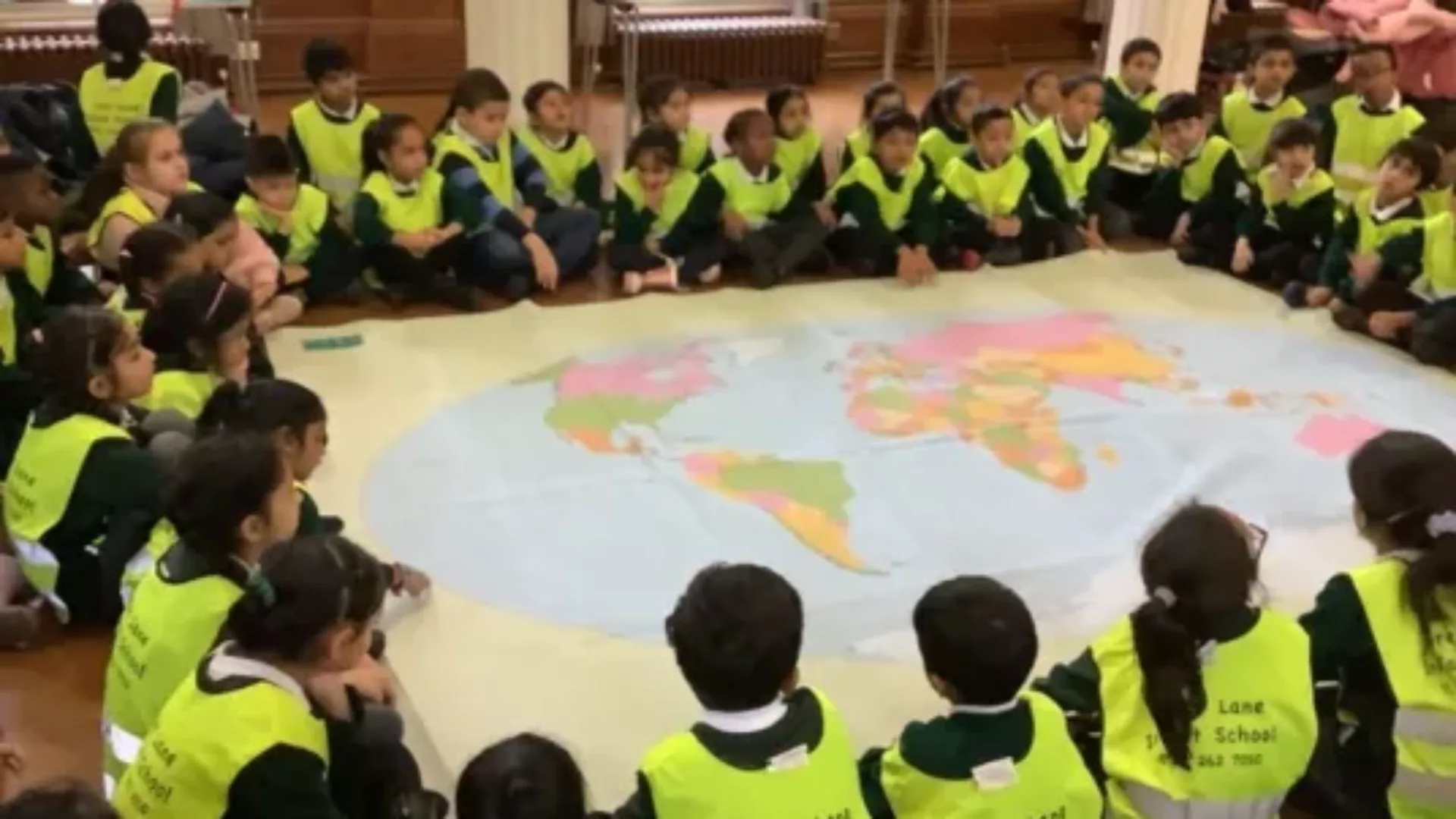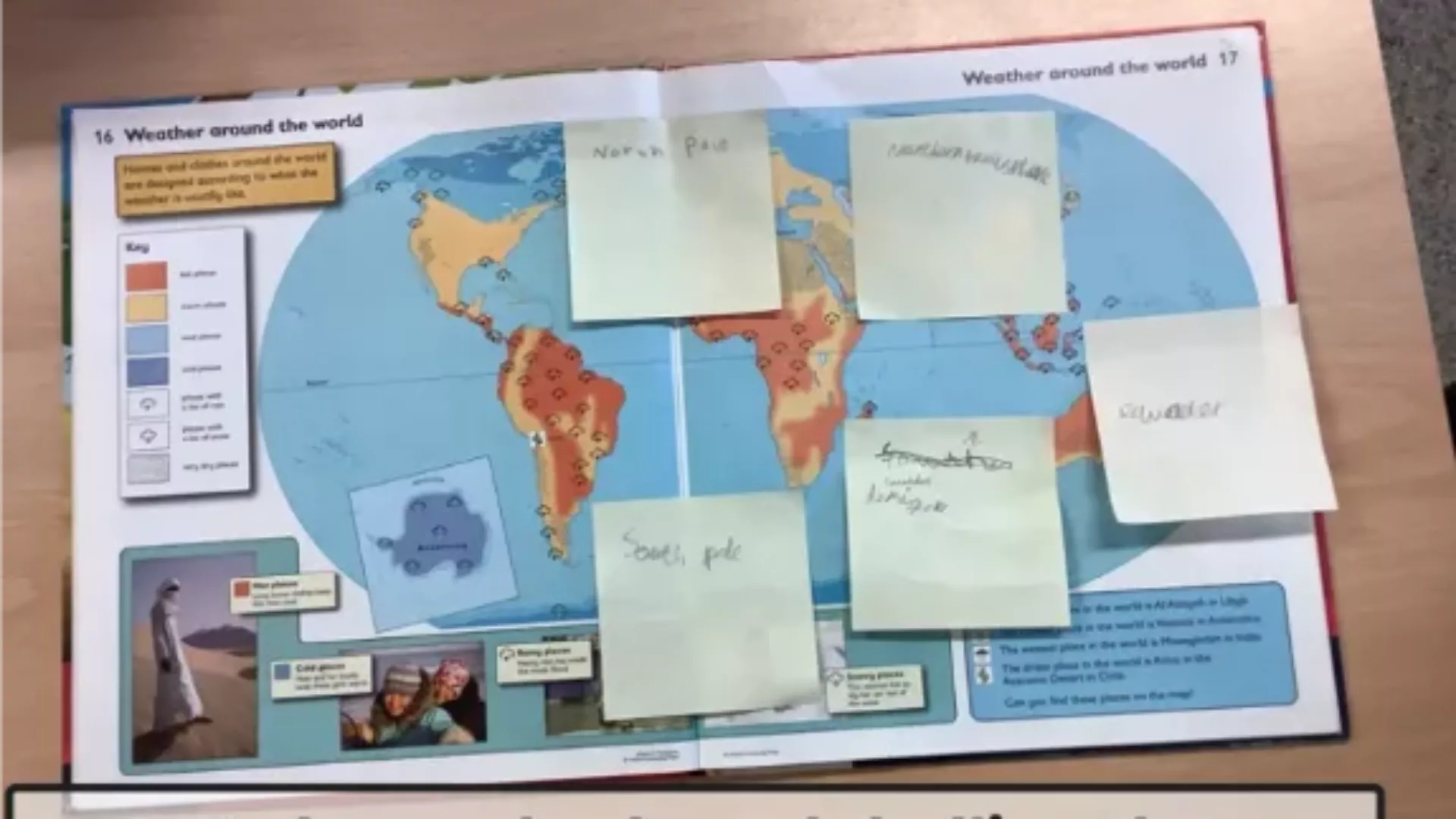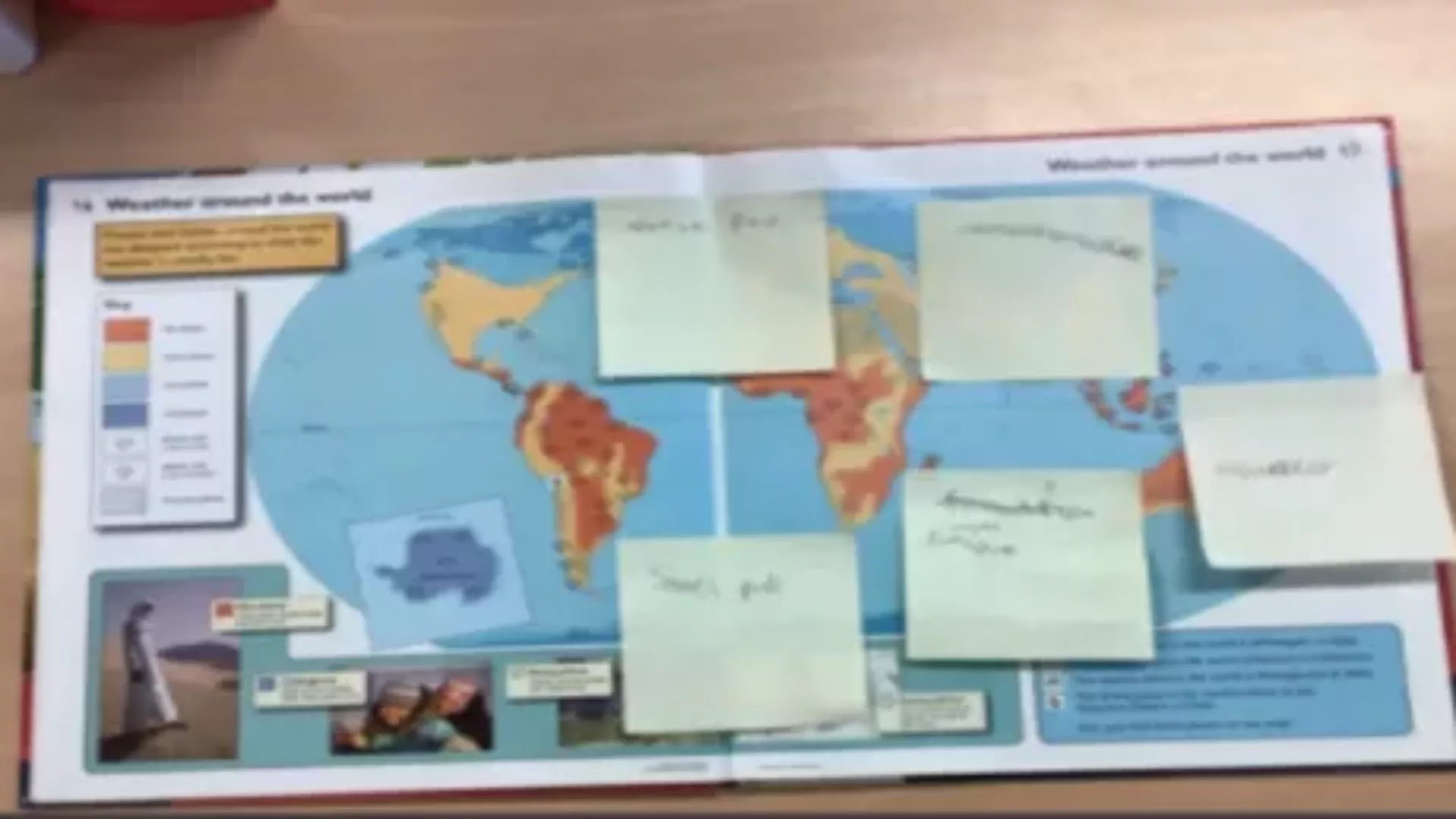Our Geography Curriculum
- Intent
- Implementation
- Impact
At Green Lane Infant School, our aim is to encourage curiosity and fascination about our local environment and the world around them. This will develop their knowledge of places, to investigate patterns, and use geographical thinking to feel connected to our ever-changing world. Their enthusiasm for geography should be an ongoing passion.
In order to inspire our children with a love of Geography, we have embedded a fieldwork throughout our units of work to develop cultural capital and varied opportunities to experience hands-on Geography. We want our children to have a sense of pride in their local area and understand that the world is beyond their immediate doorstep, which is a key ideal from our Local and Global Community curriculum driver.
Our geography curriculum is designed to have threshold concepts weaved throughout every year group in order to encourage purposeful repetition to ensure the progressive development of geographical concepts, knowledge and skills.
“A high-quality geography education should inspire in pupils a curiosity and fascination about the world and its people that will remain with them for the rest of their lives.” Department for education
“The study of geography is more than just memorising places on a map.” Barack Obama
We have combined approaches to develop our Geography curriculum with the framework from The National Curriculum and Chris Quigley Essentials Curriculum. This ensures that units are in line with our school approach of a concept-driven curriculum. Geography is taught every term throughout the year, so that children can achieve depth in their learning. Although a unit may have a particular focus, the learning progress is organised into 3 key concepts: Investigating Places, Investigating Patterns, and Communicating Geographically.
We recognise that these key concepts will strengthen the schema as the basis of all geographical knowledge. At the beginning of each topic, children are able to convey what they know already as well as what they would like to find out. This informs the programme of study, and ensure that lessons are relevant and take account of children’s different starting points.
Throughout the year, teachers will plan on-going assessment opportunities in order to gauge whether pupils have achieved the key learning objectives. Teachers constantly assess the children’s understanding and correct misunderstandings.
We measure the impact of our curriculum through the following methods:
- Formative assessing of children’s understanding of topic (including vocabulary) using the milestones created by Chris Quigley
- Summative assessment, through the use of assessment activities
- Images and videos of the children’s practical learning including seesaw
- Interviewing the pupils about their learning (pupil voice)
- Annual reporting to parents of standards across the curriculum
Children have the opportunity, at the end of a topic, to demonstrate their knowledge and understanding in a POP (Proof of Progress) Task.
- Future Aspirations
- Books to Read Together
- Websites and Places to Visit
From running a travel company to being a helicopter pilot, there are many careers that use geography.
You could be: a town planner, a conservationist, an ecologist, a globemaker or cartographer (map maker), a climate change analyst or even a volcano vlogger!
For some more ideas, check out BBC Bitesize
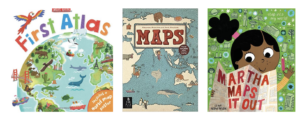
Places you could visit with your child:
Beacon Hill – compare town and countryside
Botanic Gardens – plants from around the world
Swithland Woods – observe a variety of physical features
Websites
